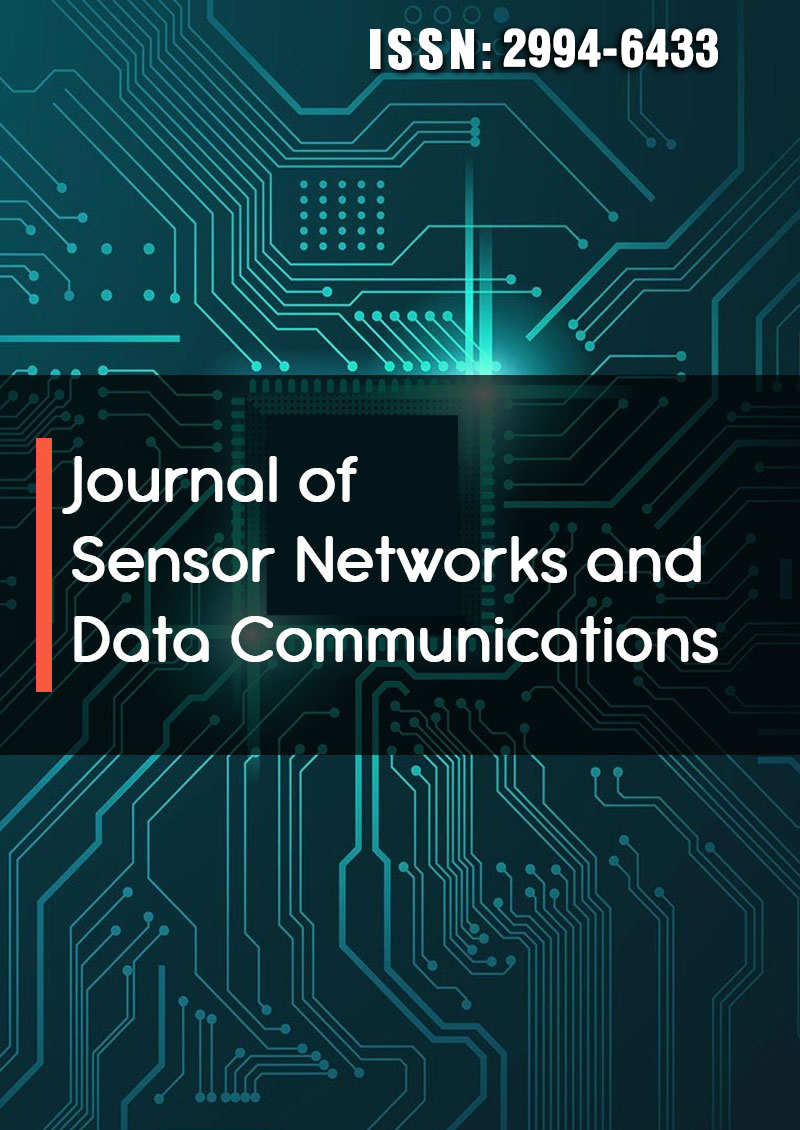A Stackelberg-Driven Incentive Model for Sustainable 5/6G Cellular Networks in Shanghai: Enhancing High-Quality Video Calls in 2025 via Game Theory and Applied Optimization
Abstract
Pavel Malinovskiy
China’s rapid urbanization and technological advancement have positioned it as a global leader in next-generation communication networks. This paper introduces a novel incentive-based offloading framework that integrates auction-based Stackelberg game theory with Traveling Salesman Problem (TSP) optimization, specifically tailored for 5/6G cellular networks in Shanghai. Focusing on the densely populated Huangpu District—the city’s most congested area—we develop a two- stage model. First, a macro base station (MBS) sets differentiated incentive rates to offload video, audio, and text data; then, multiple Wi-Fi access points (APs) respond by determining optimal traffic offloading volumes, ensuring a unique Nash equilibrium. Comprehensive simulations and analytical computations for Huangpu District demonstrate that our approach achieves over 15% cost savings, reduces response delays, and maximizes throughput while maintaining energy efficiency. This integrated, applied framework is proposed as a scalable blueprint for sustainable network management in China’s megacities in 2025.



